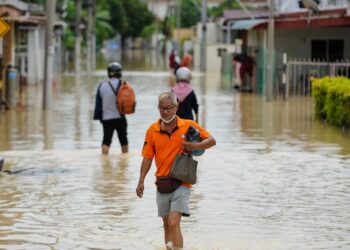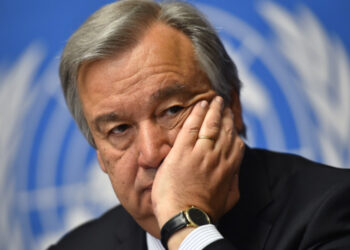Unless emissions are curbed and unsustainable farming and deforestation halted within the next decades, the world will have to face increasingly painful trade-offs between food security and rising temperatures, according to a new report by the United Nations’ Intergovernmental Panel on Climate Change (IPCC).
Land plays an important role in the climate system and when it is degraded, it is less productive. Both drylands and deserts are more vulnerable to climate change, as well as permafrost. The special report on Climate Change and Land, released on Thursday, particularly highlighted the need to protect remaining tropical forests as a bulkhead against future warming.
Written by 107 experts from 52 countries, the report explained where humans are headed to in terms of desertification, sustainable land management and food security associated with it. According to the analysis, efforts to limit global warming while feeding a booming population could be wrecked without swift and sweeping changes to how we use the land we live off.
IPCC stated that all four pillars of food security – availability, access, utilization, and stability – will be affected by climate change. The consequences will include increasing prices, reduced nutrient quality, and supply chain disruptions.
One of the most critical points of the report stressed that about one-third of food currently produced is lost or wasted. Even though the causes behind the issue differ between countries and regions, the reduction of such waste would decrease greenhouse gas emissions and improve food security.
“Balanced diets featuring plant-based foods, such as coarse grains, legumes, fruits and vegetables, and animal-sourced food produced sustainably in low greenhouse gas emission systems, present major opportunities for adaptation to and limiting climate change,” said Debra Roberts, Co-Chair of IPCC Working Group II, one of the research’s support units.
To address the situation, some near-term solutions include better land management and a reduction in greenhouse gas emissions from all sectors, according to the report. In addition, appropriate design of policies, institutions and governance systems can contribute to land-related adaptation and mitigation, IPCC said.
The IPCC is the world’s leading authority on climate change. Last year it warned that limiting global warming to 1.5 degrees Celsius — the optimal level aimed for in the Paris climate deal — would be impossible without a drastic drawdown in greenhouse gas emissions.
with reporting from AFP























